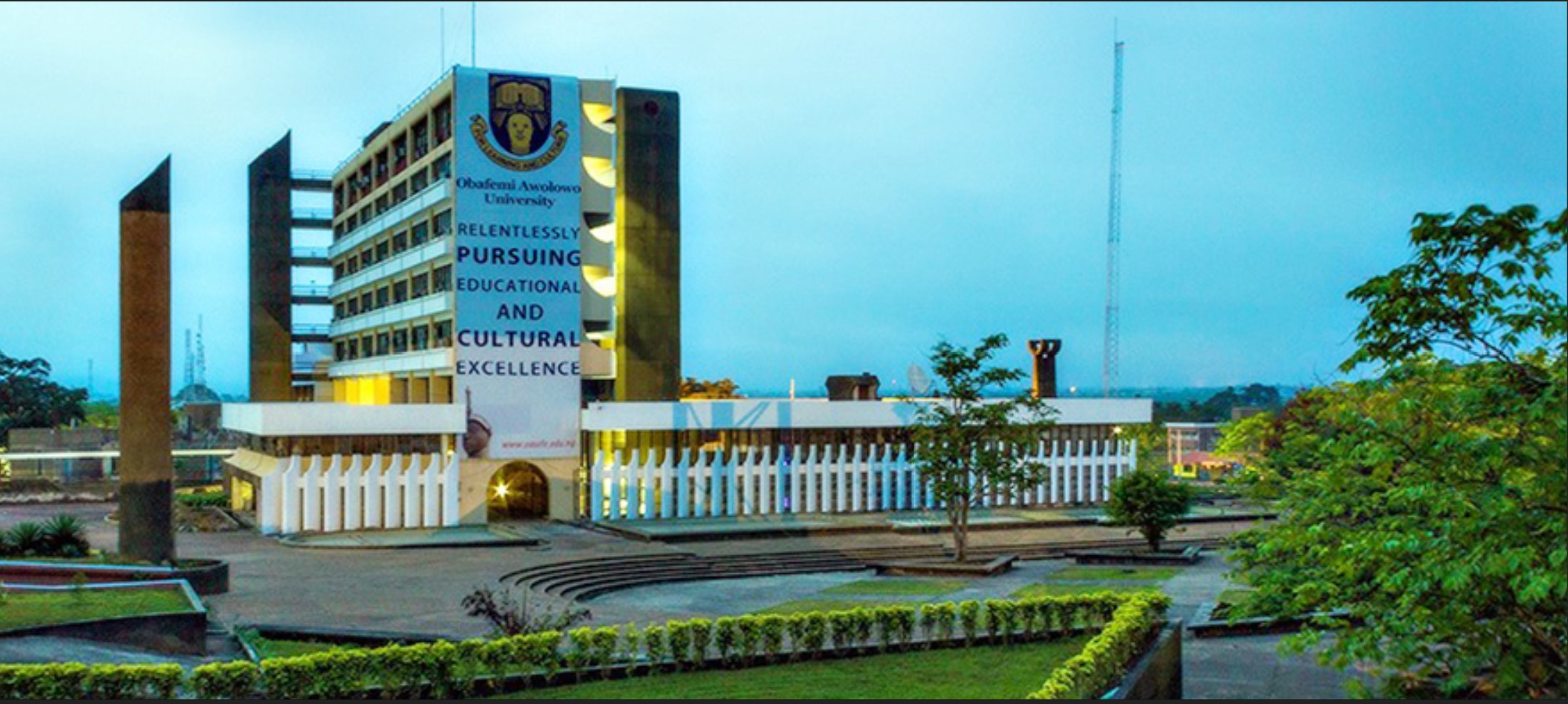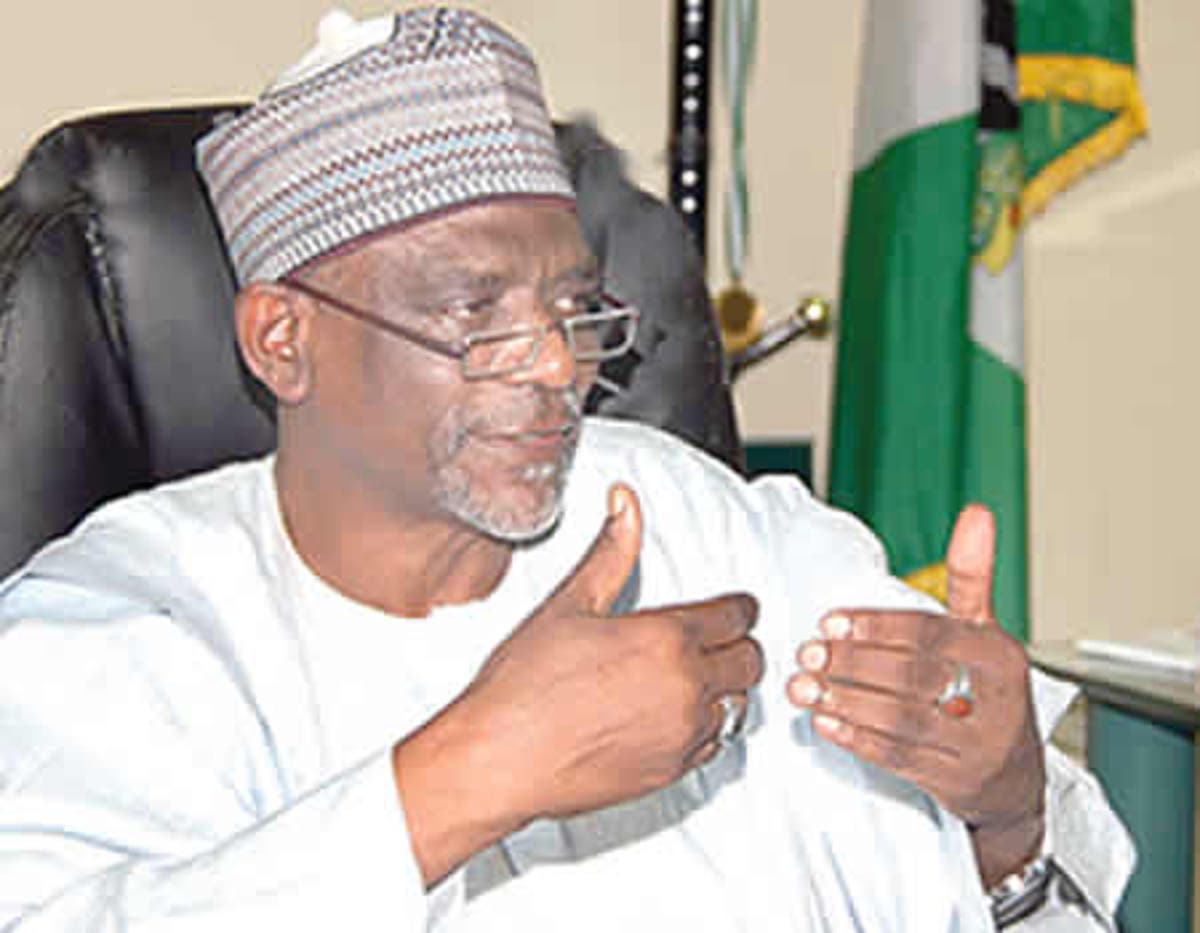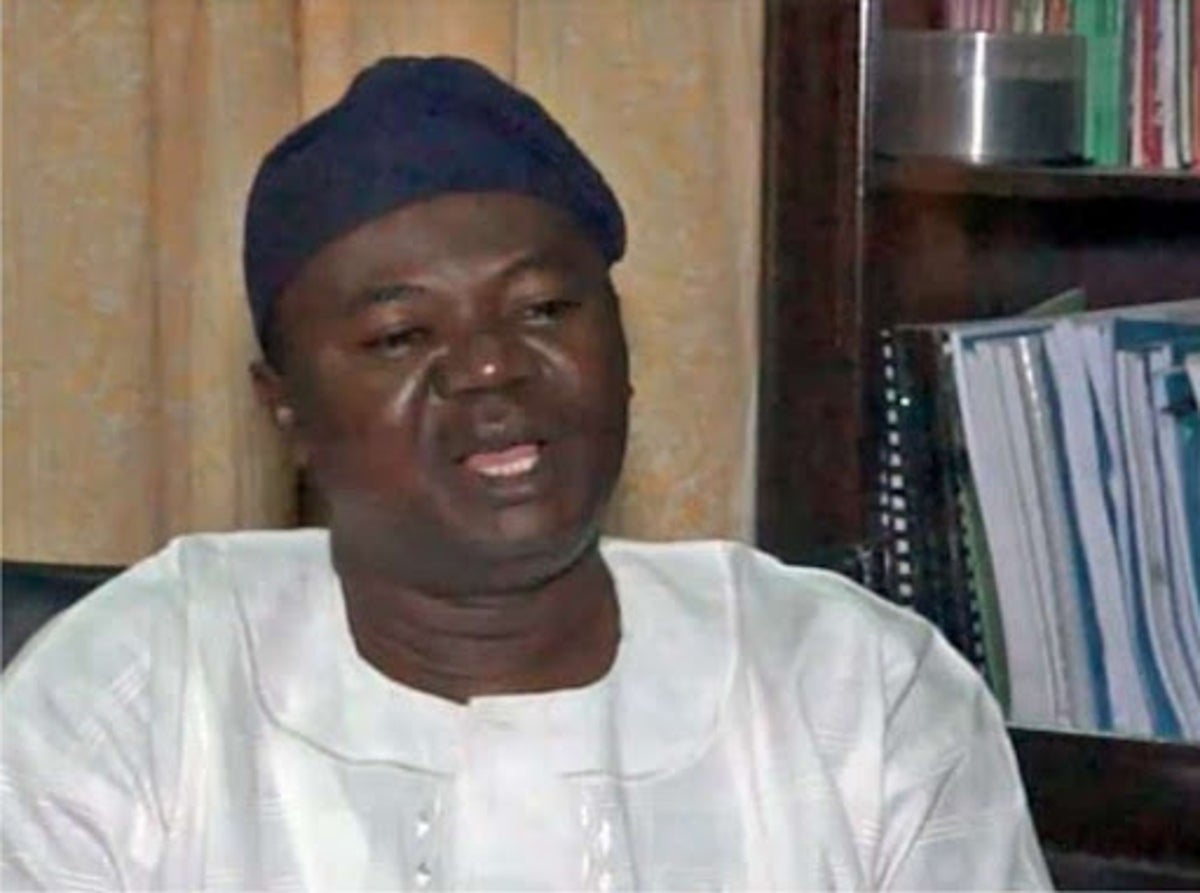There are strong indications that Nigerian public universities may lose one academic session due to COVID-19 pandemic and the prolonged strike by the Academic Staff Union of Universities.
The Federal Government had shut all universities in March this year as part of efforts at curtailing the spread of coronavirus. However, ASUU had embarked on an indefinite strike before then to protest government’s decision to implement the Integrated Personnel and Payroll Information System (IPPIS) , a payroll system, considered a denigration of university autonomy.
Although the Minister of Education, Mallam Adamu Adamu, has approved the reopening of universities and other schools across the nation with effect from October 12, ASUU has insisted on continuing with its strike action until the Federal Government meets its demands.
The union is also asking government to implement the February 2019 MOA signed with ASUU and other conditions of service.
With ASUU’s decision to continue its ongoing strike and no clear commitment from the Federal Government to resolving the contentious issues , it is not clear how universities will be able to finish the 2019/2020 academic session as many public universities have already lost seven months.
Nigerian Public universities cater for 10 percent of Nigerian population seeking university education according to the Chairman of ASUU, University of Ibadan chapter, Prof. Ayo Akinwole. Nigeria currently has 44 federal universities, 48 state universities and 79 private universities. However, while many public universities are oversubscribed because they are relatively cheap, many private universities are grossly operating below capacity.
According to the National Universities Commission (NUC), each university must maintain a normal semester calendar of 13 weeks of lectures, minus exam. However, majority of the federal universities were yet to complete the first semester of 2019/2020 session before they were shut.
Ideally, some universities start their new session in October or November. But as of October this year, many of these universities have yet to complete the first semester and are still not sure when they would be able to do so. They have lost more than six to seven months of the 2019/2020 session.
As it is, candidates that sat the 2020 Unified Tertiary Matriculation Examination and qualified for admission this year may have to wait for another year before they could be admitted to the universities except these universities refused to abide strictly by the NUC directive.
What is even more worrisome is the apparent sluggish approach of government to resolving the issues raised by ASUU. Analysts believe it is only when these issues are resolved that the public time could have a clear picture of how the academic calendar will look like.
But, ASUU president, Prof Biodun Ogunyemi, said that members would continue to stay away from classes until all pending issues were resolved. He listed the demands of the union to include renegotiation of the Memorandum of Agreement reached with the union in 2013, payment of earned academic allowances, revitalisation of universities, as well as funding.
Ogunyemi said since the Federal Government’s implementation of IPPIS, payment to ASUU members had been haphazard and inconsistent, as lecturers were owed salaries, ranging from three to eight months. The union also accused the Federal Government of failing to remit five months check-off dues of the union to its purse.
Similarly, Akinwole, said ASUU would not call off its strike. He maintained that, while the union was ready to discuss outstanding issues on implementation of the February 2019 MOA signed with ASUU and other conditions of service, the Federal Government had not been forthcoming but had resorted to propaganda against the union.
According to him, while the lecturers are ready to work, they would not do so until government fully attends to all their demands, including immediate implementation.
He said, “ ASUU members are being owed three months salaries. In some universities, our members have not received salary for up to six months. Federal Government, through the Office of the Accountant General of the Federation, has criminally withheld five months (February-June, 2020) check-off deducted from our members’ salaries without remittance to the union.
“FG has forcefully enlisted our members on the National Housing Fund (NHF) scheme and has consistently been illegally deducting money for this from our members’ salaries. Our ongoing total, comprehensive and indefinite strike action would continue if this propaganda and lies against ASUU by appointees and representatives of the Federal Government like the Minister of Labour and Employment, Dr. Chris Ngige persists.”
He said that the union had been on strike for over six months to draw government’s attention to the implications of criminal negligence of funding public universities in the light of rising insecurity and other social problems but the government had failed to take the union’s demands seriously.

























